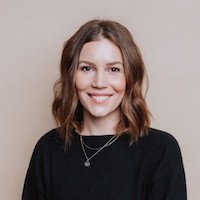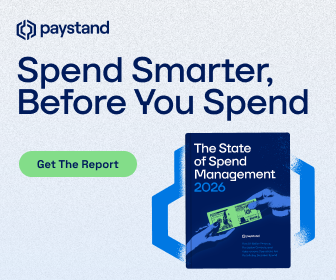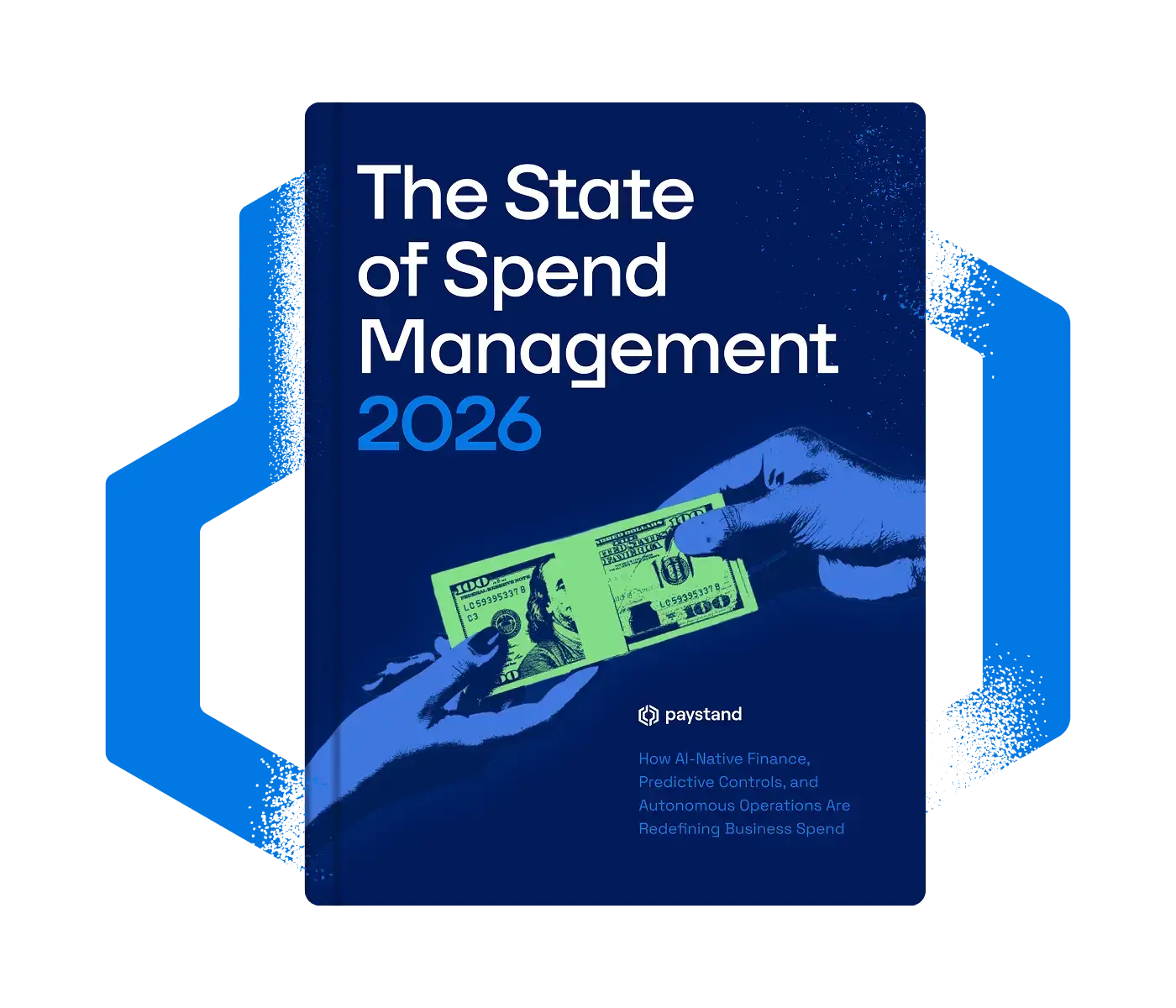As part of the Meet the Controller/CFO series, the Controllers Council recently interviewed Sarah Alford, director of Corporate Accounting for Federated Co-operatives Limited, or FCL, a retail co-op association in Saskatchewan, Canada. Prior roles include public accounting at Ernst & Young. Sarah earned a Bachelor of Commerce and Accounting and a Master of Professional Accounting, or MPA, from the University of Saskatchewan. She is a chartered accountant, CA, and also a CPA, and was the treasurer of the Saskatoon Symphony Orchestra.
Accounting, or MPA, from the University of Saskatchewan. She is a chartered accountant, CA, and also a CPA, and was the treasurer of the Saskatoon Symphony Orchestra.
Following are questions from moderator Neil Brown, and answers from Sarah Alford. If you are interested in learning more, view the full interview video archive here.
Q: What inspired you to pursue a career in corporate accounting?
A: I would say it goes back to my upbringing. My dad is a farmer, and he started the farm just a few weeks after I was born, and I think it was his entrepreneurial spirit and seeing the farm grow throughout my life. And ultimately, farms became a big business. I lived that transformation and grew up working on the farm. Dad made me do everything from keeping track of my hours to understanding the profit margins of our crops, insurance, and how he marketed his grain. And to complement that, my mom worked at a bank and opened a bank account for me when I was nine and started giving me a weekly allowance. If I wanted to buy anything, it had to come out of that bank account. The best part about this was that I had to reconcile that bank account every month, and I absolutely loved it. I loved sitting down with my mom to do it. I loved using my dad’s calculator machine, and I loved when it all worked out. So that’s kind of like my early years upbringing and getting exposed to, again, the calculator, that was exciting to me.
And then going to university, I wasn’t sure what I wanted to do, but from my dad’s experience with the farm, I knew that a business education would be beneficial wherever I ended up. I had a great professor for my first accounting course, so I stayed with accounting as my major. And then now, what makes me want to continue to pursue a career in accounting is that I love both the puzzle and putting together the numbers into a story. I love being able to connect with people around the story, the numbers are telling, and I like trying to figure out why people account for things the way they do. Unravel that puzzle of, how did this number get here or why is this number so large? And then when reporting the financials, telling that story in a way that resonates with the audience.
Q: What are some of the roles and responsibilities of accounting director and how do they differ from public accounting?
A: At the accounting firm, I had quite specific clients in specific industries. Client continuity was important, so I did specialize in an industry and a type of company, often like partnerships for example. And really, at the firm, you focus on the financial statements and the financial statement assertions within them. So that part is like what I do today, but at the firm, you aren’t involved in that full cycle of accounting like I am now. From how the invoices get to us at FCL, to how they move across desks throughout the company for approval and different control mechanisms, and ultimately how they get entered into the system and result in a sale and shipping a product or delivering a service to our customers. To me, the difference is all of those processes in between to ultimately get to a set of financial statements. And that’s probably 90% of my job, is getting to those financial statements as opposed to most of my job being validating those financial statements.
And then as the director of corporate accounting, I can see across all of our business units, both the sales business units, our support business units and projects, and all of the industries and systems that we operate in. So, I like being able to highlight interdependencies, having that big picture view of the company, and considering things like accounting treatment and how that would be operationalized across each business we’re in. So, for example, when choosing an inventory policy, if it’s FIFO or weighted average, what systems implications that has, and then financial reporting implications as well.
Q: What do you think are the most significant keys to your success.
A: I would say people, my team is incredible. I think we’ve built a special team and culture. And I’ve often thought if I can have the best of people, processes, or programs, I believe it always has to start with people. And I’ll take people every day.
Q: Tell us about your team.
A: On my team, there are 70 individuals, everything from invoice entry to analysis and reporting for our sales and margin business units, to financial reporting. We are responsible for monthly, quarterly, and annual reporting to our senior leadership team and board of directors, our full cycle budget process. And I report directly to the chief financial officer.
Q: Are there any tools or solutions that help you be more effective in your job and your daily duties?
A: One that I’ve always used is the Microsoft suite of products, whether that’s Word, Excel, Outlook. But since working from home in this hybrid world, I’ve especially loved Microsoft Teams, Viva Insights. We use these tools daily, and I feel like daily we’re learning something new about them or a new feature.
Also, for budgeting and reporting, we used Planful. We implemented Planful a couple of years prior to the pandemic, and this was critical to our success in the pandemic and to being able to move my team offsite.
And then just prior to the pandemic, we had started a process to replace our expense management system. We selected Emburse Chrome River expense and started with them. I think we started the project management after March 2020. We were into the hybrid work world, completely remote at that point, the lockdown COVID world. Anyway, we chose Emburse Chrome River expense, and this is our new modern expense management tool that all our employee expenses and any corporate credit card expenses go through. So yeah, we started this right when the pandemic started and went live during the pandemic. I would say it was our first test of going live with the system through COVID, and it was so successful. And that speaks to the incredible project management at Emburse and how intuitive the product is. This one has also been remarkable to equip our team and ourselves with a tool that helps so greatly with spend management. Especially in these volatile economic times that we’re in, it’s been a great tool to help us see where our monies are going.
And then finally, we use LumiQ. We started this two years ago. LumiQ is a podcast based professional development platform. I get verifiable PD hours for my designation by listening to podcasts, by incredible and inspiring professionals. And the app tracks all of my training for me. So, administration is seamless when I’m renewing my CPA designation. And I’ve learned so, so much from these podcasts. I do them when I walk when I drive. Even at the gym, they’re that motivating.
Q: What advice would you give others that seek a career and especially in corporate accounting?
A: My experience is that the accounting profession has been entirely dynamic, it’s exciting, and it’s exciting to see these seismic shifts in employee experiences. And I’ve just absolutely loved my career. This is the best job that I never could have imagined having. I feel so fortunate that I get to lead such a great team and make such an impact with financial results. It almost seems ironic or counterintuitive, but I think accounting is the best kept secret. It’s a great opportunity to provide value and help people, and maybe even more so because it’s not the first thing people think of when they think of accounting. You can catch them off guard, you can delight people, and I do believe you can make it fun along the way. I would highly recommend, if you’re considering a career in accounting, I would recommend going for it.
To learn more, view the full interview here.




